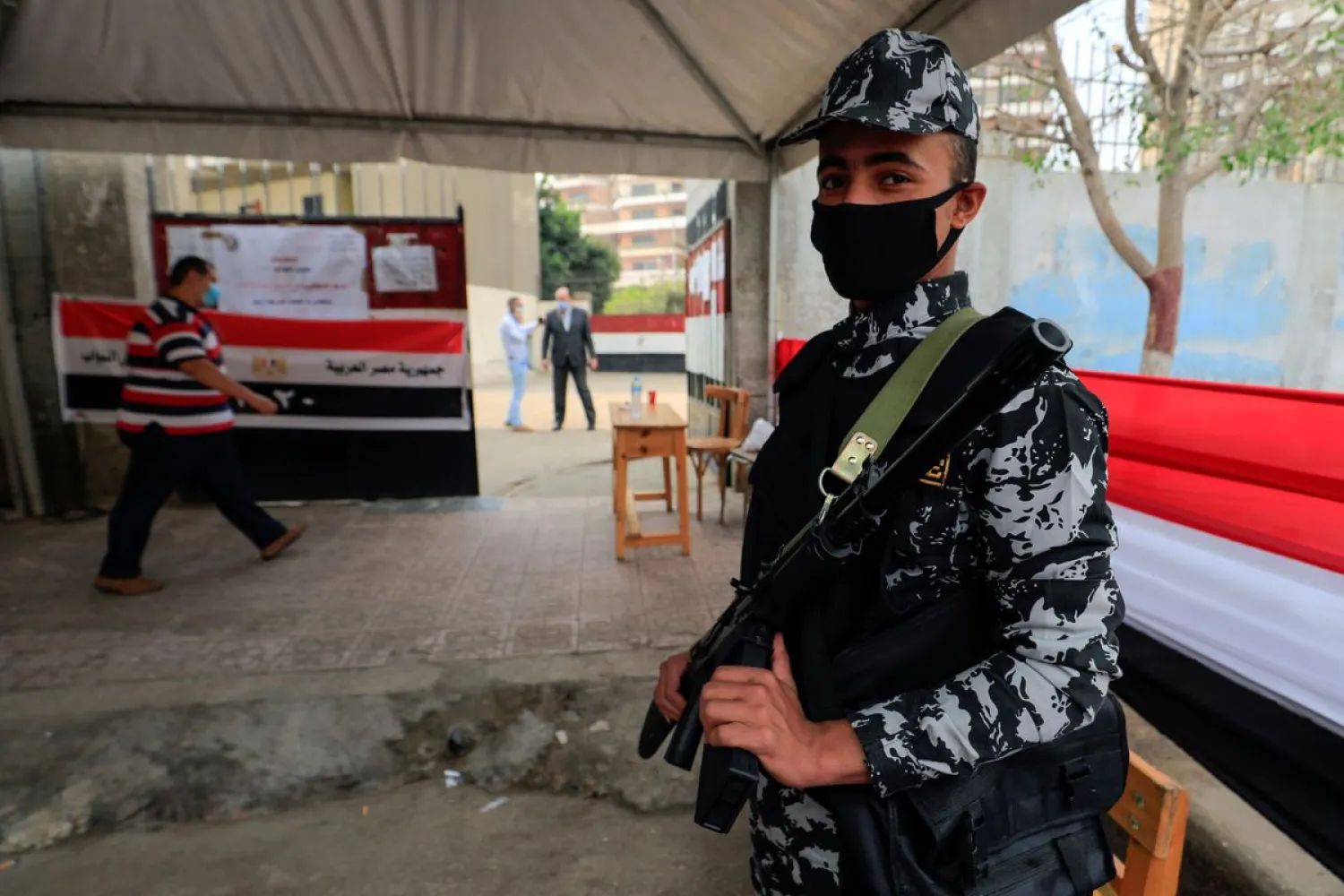An Egyptian court ordered the execution of three, and issued a life sentence (25 years) against three others after they were condemned for joining and making contact with ISIS.
The court also issued a 15-year in prison sentence against four others.
Former Egyptian Prosecutor-General Nabil Ahmed Tawfiq Sadek referred the condemned, including four Libyans, to the Emergency Supreme State Security Court on charges of “dealing with the terrorist ISIS group and the Special Deterrent Force and those who work for its interest in Libya.”
The investigations showed that the group committed terrorist crimes against Egyptians residing in Libya.
The crimes included the kidnapping and torturing of Egyptians in exchange for ransom from their families to release them.
They also provided the group with funds and information, in addition to committing other crimes such as human trafficking and illegal migrant smuggling.
According to the public prosecution’s investigation, the first defendant's confession, the voice records, the testimonies of the victims and their families, he visited Libya several times and had ties with Libyan ISIS members.
He also agreed with them on abducting Egyptian citizens to ask for ransom.
Further, he cooperated with Libyan ISIS members in 2017 to kidnap 14 Egyptians and torture them, forcing their families to pay ransom to release them.
The Emergency Supreme State Security Court stated that the condemned should undergo a rehabilitation program.
They were further placed under police surveillance for five years.









